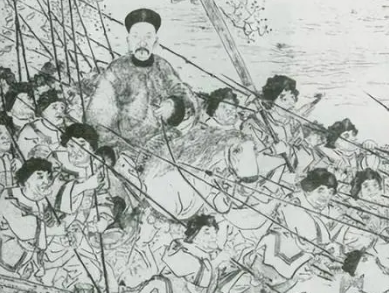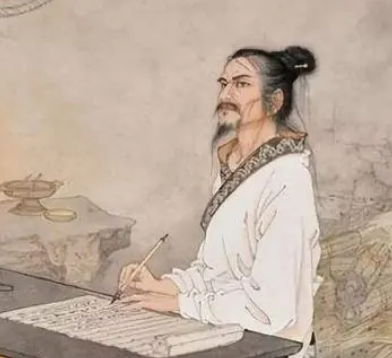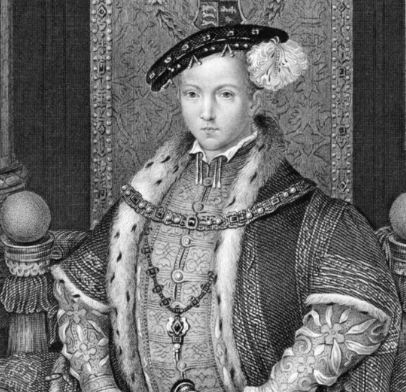Nikola Tesla is a legendary figure in the history of science. As an outstanding inventor and electrical engineer, Tesla achieved numerous innovative achievements throughout his life, laying an important foundation for the development of modern technology. However, one of his actions in his later years - burning his own manuscripts in an attempt to balance the world's forces - has become a puzzling mystery.

Tesla accumulated a large number of notes, drawings, and design plans during his career, which were the crystallization of his wisdom. It is rumored that in the last few decades of his life, he ordered the burning of most of his personal files and manuscripts. This act has been interpreted by some as a manifestation of mysticism, believing that Tesla tried to avoid bringing unbalanced power to the world by destroying his own inventions. But is this explanation really tenable?
First, we need to understand Tesla's inventions and his philosophical thoughts. Tesla dedicated his life to the research of wireless energy transmission and believed that electricity could be transmitted through the air to achieve global energy sharing. His ideas were considered very advanced at that time and were even regarded as impractical fantasies. However, Tesla firmly believed that his ideas could bring benefits to humanity, rather than become tools of destruction.
Regarding the reason for burning the manuscripts, one explanation is for commercial considerations. Tesla had worked with some financial groups and enterprises during his lifetime, and many of his inventions involved huge economic benefits. In some cases, he may have chosen to destroy those unpublished research results to prevent his technology from falling into the hands of bad forces.
Another explanation is that Tesla acted out of personal principles and concerns for the future. He may have believed that some of his inventions, if misapplied, could have unpredictable impacts on human society. Therefore, he destroyed these materials to ensure the balanced development of technology and prevent them from being used for improper purposes.
Still, another view is that Tesla's act of burning the manuscripts may not have been motivated by such complex reasons. It may have simply been a personal need for tidying up and cleaning. Over time, many scientists dispose of their old notes and materials to maintain the tidiness of their work environment.
In conclusion, we may never fully know the true reason why Tesla burned his manuscripts in his later years. However, it is certain that whether it was for commercial considerations, personal principles, or concerns for the future, this act reflected his deep consideration of the impact of technology. His life and inventions continue to inspire countless scientists and engineers to pursue technological innovations that can benefit humanity. Tesla's story reminds us that the power of technology is巨大, and we must carefully approach every invention to ensure that they serve the welfare of humanity, rather than become tools of destruction.
Disclaimer: The above content is sourced from the internet and the copyright belongs to the original author. If there is any infringement of your original copyright, please inform us and we will delete the relevant content as soon as possible.
































